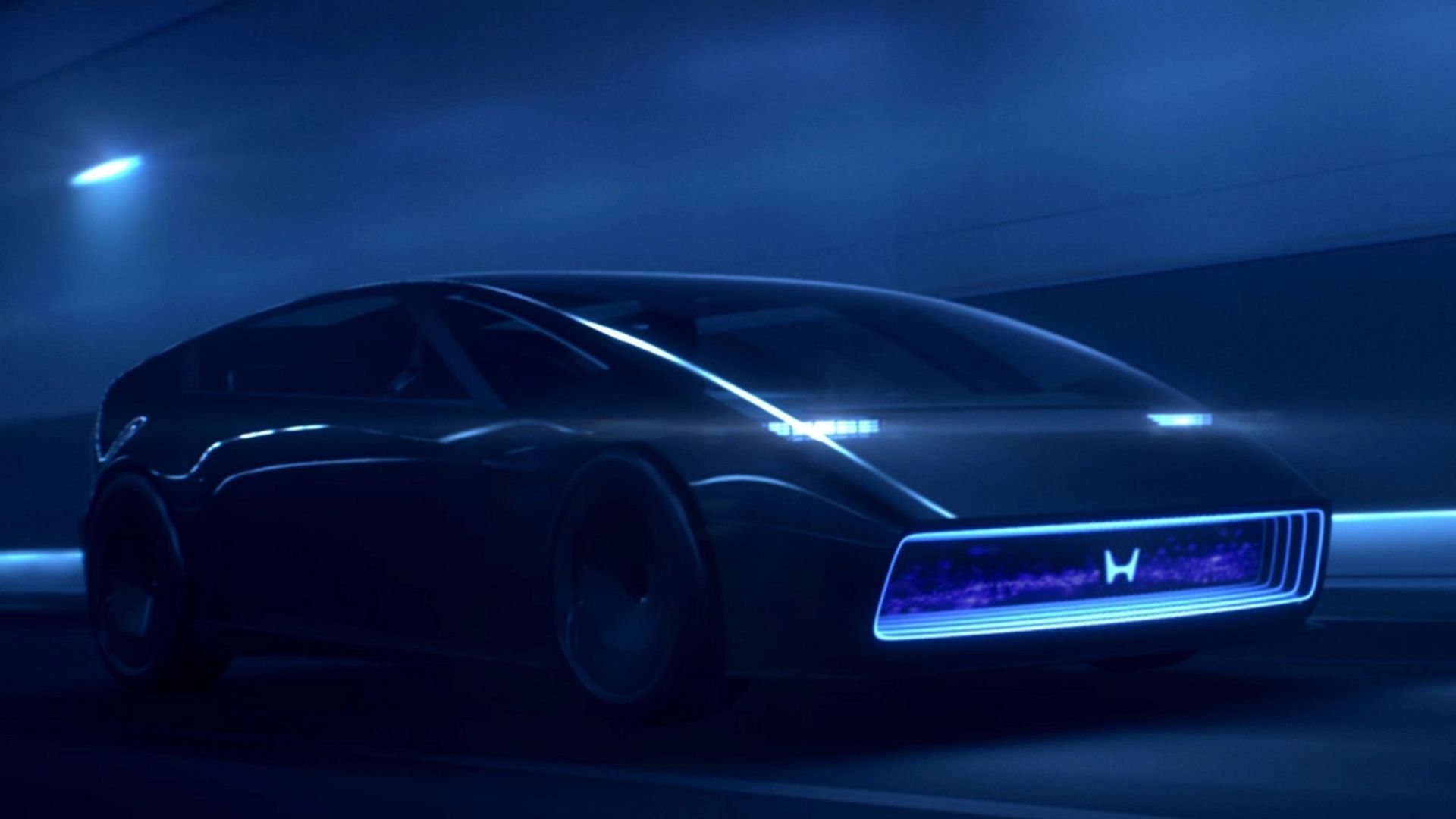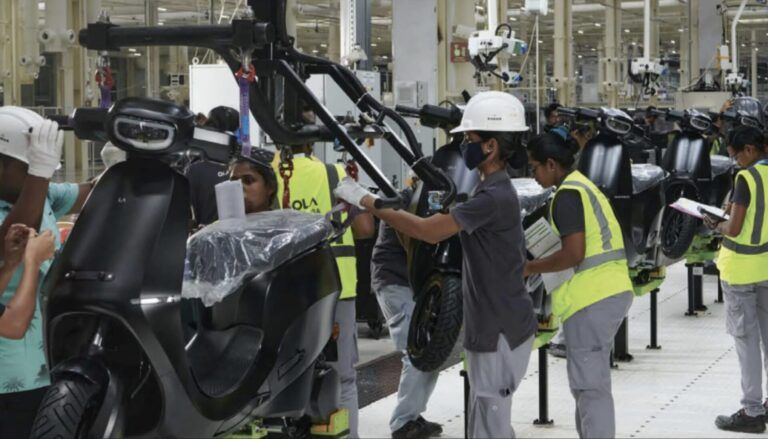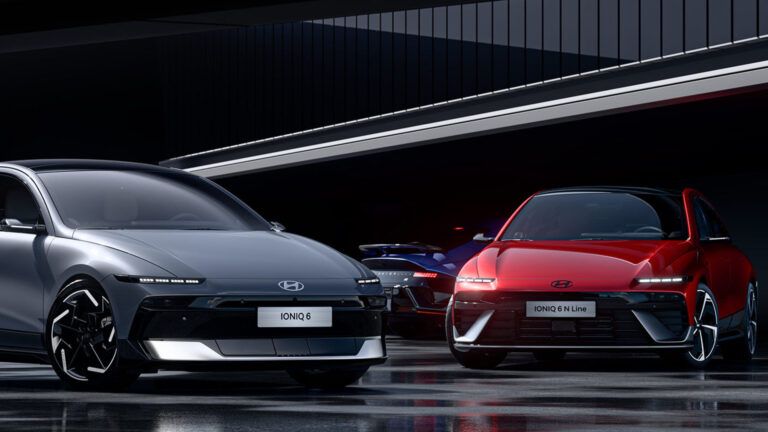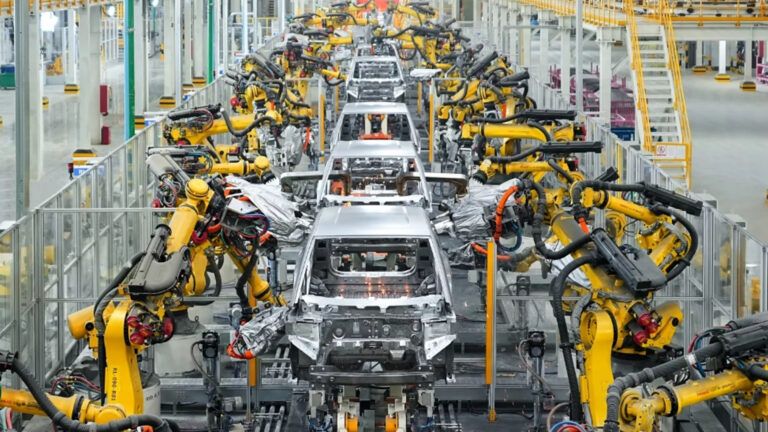Honda, the Japanese automaker, recently announced intentions to increase its investment in electric vehicles (EVs) to $65 billion, doubling the previous amount. By 2030, the Japanese automaker plans to launch seven new EV models globally.
Moreover, the automaker intends to use its Formula 1 (F1) technology in its upcoming EVs to lessen body weight. Leveraging its F1 expertise, the company aims to reduce the weight of its models by around 90 kilograms compared to existing EVs.
Honda will achieve weight reduction through the lighter body frames and thinner electric motors. Additionally, the automaker plans to position the batteries and motors lower and towards the center of the cars. This will result in a lower center of gravity and better handling.
Lighter EVs will enhance efficiency. Also, the Honda is working towards attaining a minimum range of 480 km for its latest models.
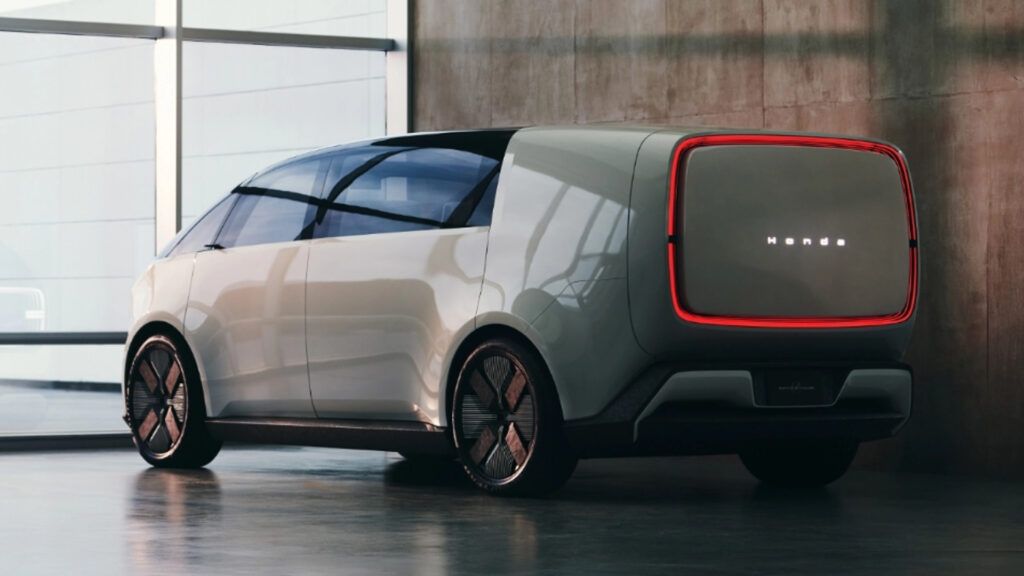
The new O Series lineup will consist of seven models, offering a range of body shapes and sizes. These include an electric sedan, an entry-level electric SUV, a three-row electric SUV, a compact electric SUV, a compact electric sedan, and a small electric SUV.
Honda will release its next-generation EVs by 2026, with an initial rollout expected in the United States. By 2030, it anticipates that EVs and fuel-cell cars will represent more than 40% of its worldwide sales. While prioritizing profitable markets such as China and the US, Honda also intends to target other emerging markets.
It’s worth noting that Honda will continue developing hybrids to introduce new all-wheel-drive models. However, it remains uncertain if the Prelude will be included, but the sixth-generation Prelude coupe is confirmed to be a hybrid. Similar to the EVs, these hybrid models prioritize lighter weight and improved efficiency.
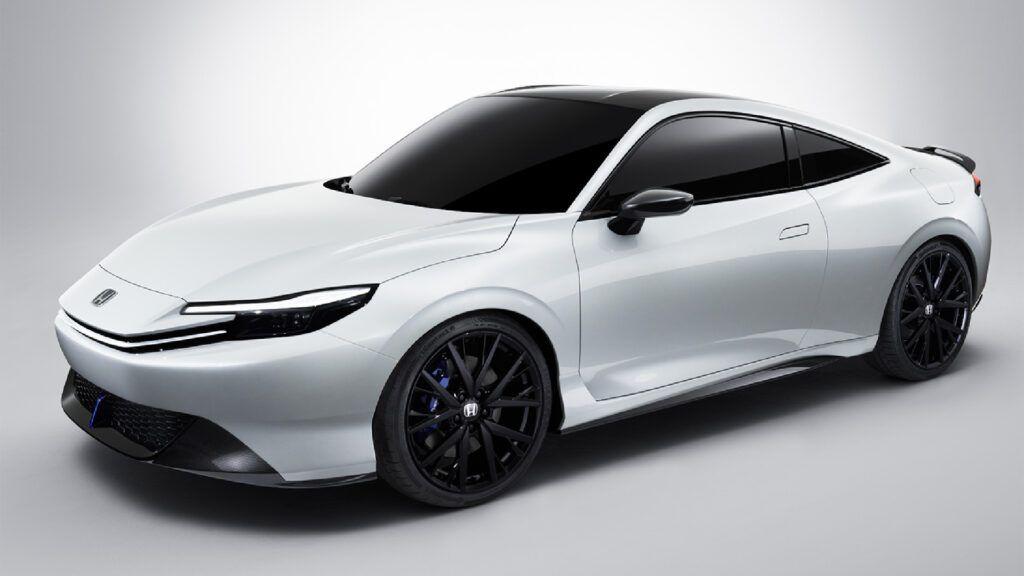
The Prelude may make a comeback as early as 2025 or 2026, featuring four seats. Also, it is available in both left- and right-hand-drive configurations. Honda’s chief engineer Tomoyuki Yamagami said:
This isn’t going to be the sportiest, zippiest car that’s going to be tossed into the circuits.
Despite strong competition from EV manufacturers like Tesla, Rivian, and Lucid, Honda holds a unique advantage: its extensive racing experience, technology, and expertise.

